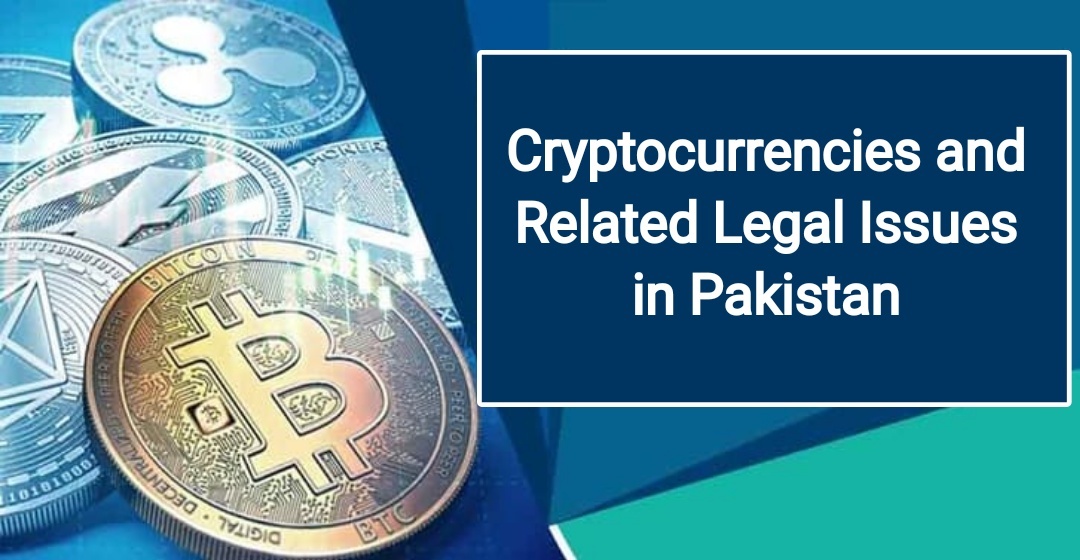Introduction:
Cryptocurrencies have gained significant popularity worldwide, offering new financial opportunities and challenging traditional banking systems. In Pakistan, the rise of cryptocurrencies has attracted considerable attention from both investors and regulators. This article aims to provide an overview of cryptocurrencies in Pakistan and explore the legal issues surrounding their use and regulation.
1. Cryptocurrencies in Pakistan:
Cryptocurrencies are digital or virtual currencies that use cryptographic techniques to secure transactions and control the creation of new units. In Pakistan, cryptocurrencies, like Bitcoin, Ethereum, and others, have garnered interest among tech-savvy individuals and investors looking to diversify their portfolios.
2. Regulatory Landscape:
As of my knowledge cutoff in September 2021, the legal status of cryptocurrencies in Pakistan was somewhat ambiguous. The State Bank of Pakistan (SBP), the country’s central bank, issued a circular in 2018 advising financial institutions and the public against dealing with cryptocurrencies. The circular cited the potential risks associated with crypto transactions, including money laundering and terrorist financing concerns.
However, despite this cautionary stance, the government did not explicitly ban cryptocurrencies, leaving room for further regulatory developments and discussions.
3. Legal Issues:
a. Lack of Clarity: The lack of clear regulations can create confusion and uncertainty for individuals and businesses interested in participating in the crypto market. Investors may hesitate to invest significant sums without a defined legal framework.
b. Money Laundering and Terrorist Financing: The pseudonymous nature of cryptocurrency transactions can pose challenges in combating money laundering and terrorist financing activities. Regulators are concerned about the potential misuse of cryptocurrencies for illicit purposes.
c. Consumer Protection: The absence of robust regulations exposes users to potential scams and frauds. The absence of consumer protection mechanisms can deter mainstream adoption.
4. Recent Developments:
Since my knowledge is limited to September 2021, it is essential to note that the regulatory landscape might have evolved. The Pakistani government may have taken steps to address the concerns and uncertainties related to cryptocurrencies.
5. Conclusion:
Cryptocurrencies have the potential to revolutionize financial systems, but their adoption requires a well-defined regulatory framework to mitigate risks and ensure consumer protection. In Pakistan, the legal status of cryptocurrencies remains uncertain, with the State Bank’s cautionary stance discouraging their usage.
It is crucial for Pakistani authorities to strike a balance between encouraging innovation and safeguarding against potential risks. As the cryptocurrency landscape continues to evolve globally, Pakistan must adapt its regulatory approach to leverage the benefits of cryptocurrencies while mitigating their challenges. For now, interested parties in Pakistan should remain vigilant and stay informed about any regulatory updates regarding cryptocurrencies.
2024 MLD 1363
2024 MLD 1363 Section 489 – F , Penal Code , 1860 ( P.P.C. ) , was brought on the statute for the purpose of awarding punishment to the person , who issues the cheque




0 Comments